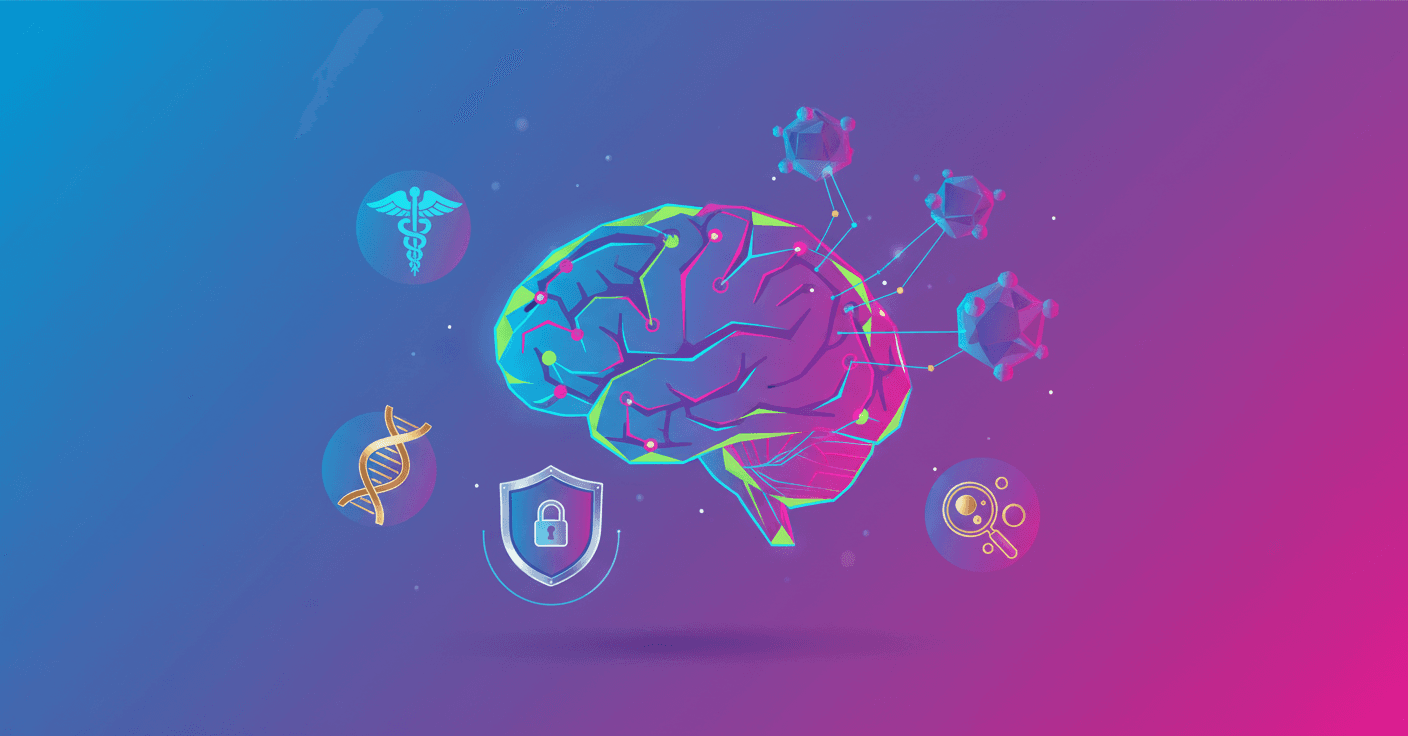OpenAI published a report on GPT-5 focused on medical research that promises to improve how patients, clinicians, and researchers understand and use health information. Sounds like science fiction? Not so much: the company presents early results and collaborations that are already changing workflows in clinical practice and the pharmaceutical industry. (openai.com, techcrunch.com)
What did OpenAI announce about GPT-5 and health
OpenAI released GPT-5 and dedicated a note to its use in medical research, highlighting improvements in clinical reasoning, fewer hallucinations, and better scores on health-specific tests like HealthBench. The presentation includes examples from internal tests and deployments with industry partners. (openai.com, techcrunch.com)
'GPT-5 is the best model so far for health', the company says in its communication, backing the claim with comparative evaluations and pilots with sector organizations. (hlth.com, techcrunch.com)
Why does this matter for patients and professionals? What can it do today?
-
Understand medical results:
GPT-5can help explain lab tests or reports in plain language, which is handy if you leave the clinic with unanswered questions. (searchengineland.com) -
Support in clinical decision-making and triage: OpenAI shows the model reduces misinformation ("hallucinations") in tough evaluations, allowing it to be more proactive in flagging possible health concerns. That doesn't mean it replaces a doctor, but it can make the first filter more useful. (techcrunch.com, searchengineland.com)
-
Pharmaceutical research and design: companies like Amgen have tested
GPT-5in research workflows, where the model helps analyze literature, generate hypotheses, and speed up reviews that used to take much longer. Think about summarizing hundreds of papers in minutes: that accelerates science—when used cautiously. (hlth.com)
Concrete results and metrics (what OpenAI reports)
According to public reports, GPT-5 showed clear improvements on scientific and medical benchmarks compared to previous versions. In tests measuring reduction of hallucinations in complex medical scenarios, OpenAI reports much lower rates than earlier models. There are also model variants (for example, mini, nano, and Pro versions) designed for different uses and costs. These figures and variants already appear in analysis and press coverage. (techcrunch.com, searchengineland.com)
Limitations and risks: should we trust it blindly?
If there's one thing healthcare teaches us, it's to be skeptical of miracle solutions. GPT-5 improves many aspects, but:
- It's not a medical diagnosis on its own: it can help interpret and prioritize, never replace a full clinical evaluation. (fiercehealthcare.com)
- Risk of serious errors if used without human supervision: even models with fewer hallucinations can make mistakes with relevant consequences. That's why experts call for validation frameworks and clinical oversight before mass adoption. (hlth.com, timesofindia.indiatimes.com)
- Privacy and regulation: using it in environments with sensitive data requires strong controls, regulatory compliance, and clarity about who is responsible for each decision. (openai.com)
What does this mean for companies and developers?
OpenAI already offers access to GPT-5 through ChatGPT and the API, and some companies are integrating the model into internal products to speed research and administrative processes. If you're a developer or lead a product team in health, this opens opportunities but also forces investment in clinical validation, traceability, and security. (openai.com, searchengineland.com)
Practical tips if you want to try it (without risking anyone)
-
Use
GPT-5for support tasks: literature summaries, generating questions for consultations, data pre-processing. Don't use it alone to make critical clinical decisions. -
Implement a human second read on any output that affects a patient. Clinical oversight isn't optional; it's essential.
-
Log and audit interactions: save versions, sources, and reasoning so you can review errors and improve models.
-
Pilot first in controlled environments and with informed consent from participants: that helps you catch failures before scaling. (hlth.com, searchengineland.com)
Closing: is this the future or just an important step?
GPT-5 appears as a meaningful step: it speeds tasks, improves accuracy in internal tests, and has early industry adopters. Does that mean AI already knows everything about health? No. It means AI can be a more powerful and useful tool—provided we place it within responsible frameworks, with human supervision and regulatory compliance.
If you want, I can summarize the original OpenAI note in 5 quick points, or prepare a checklist to evaluate a GPT-5 pilot in your clinic or startup. Which works better for you? (openai.com, techcrunch.com, hlth.com)
